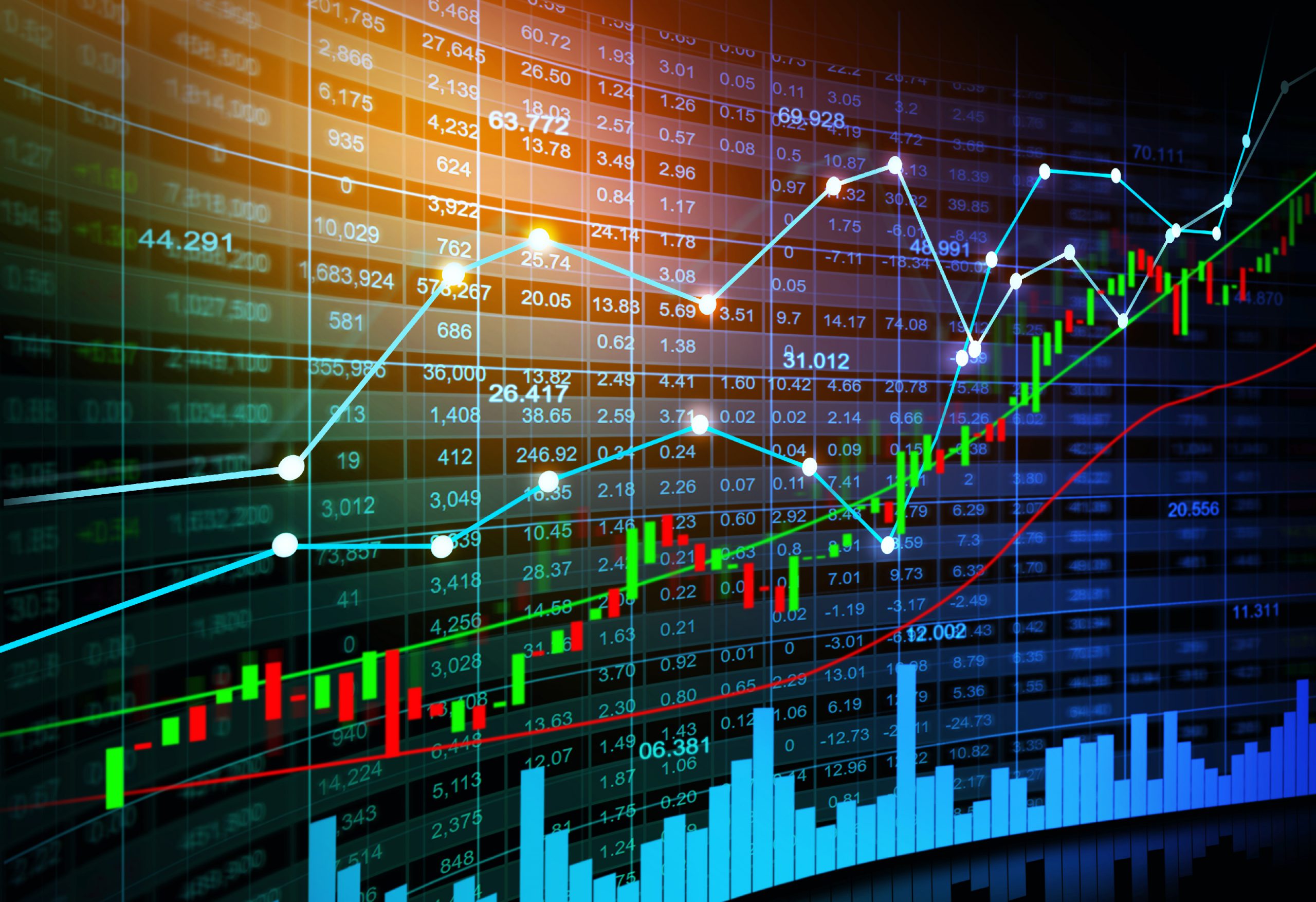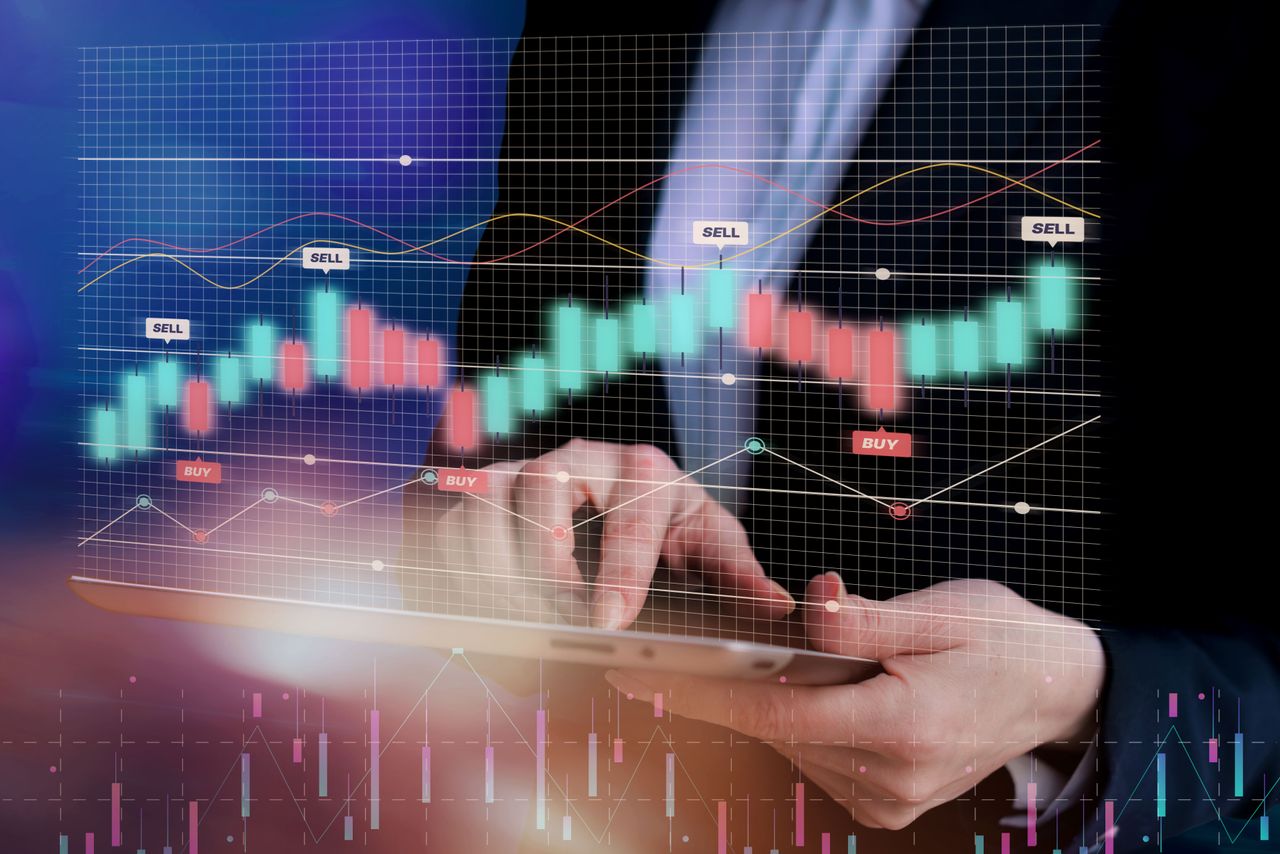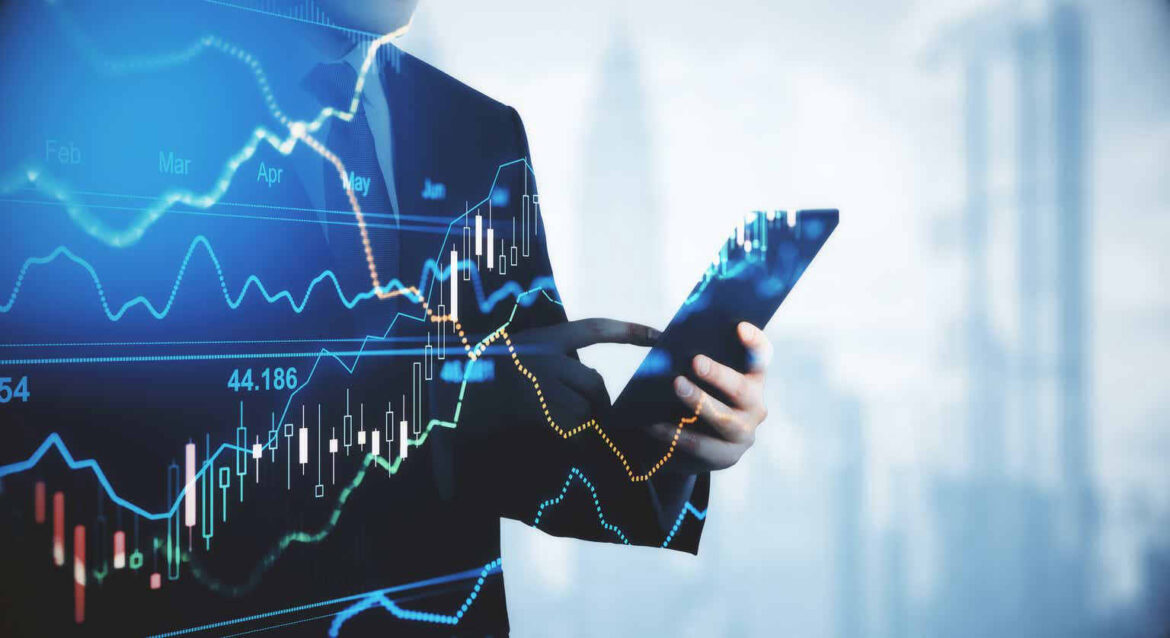Trading in financial markets has become a global activity that includes many types of assets, techniques, and levels of risk. To make smart financial decisions and establish a diverse portfolio, you need to know about the many markets that traders and investors might use. Each market offers its set of chances based on economic factors, geopolitical events, and technological progress. These financial markets for trade include equities and bonds, foreign exchange, commodities, and digital assets. This tutorial goes over the most important markets to trade in, with in-depth contextual information and semantic SEO integration to make it useful for both new and seasoned traders.
Stock Market Trading Essentials
The stock market is the most important part of trading and investing nowadays. Companies that are open to the public sell shares to get money. Investors get a piece of the company and the chance to make money through capital gains and dividends. Exchanges like the New York Stock Exchange (NYSE), NASDAQ, London Stock Exchange (LSE), and Tokyo Stock Exchange help billions of dollars worth of trades happen every day. The S&P 500 and the Dow Jones Industrial Average are two examples of indicators that typically show how people feel about the economy as a whole. financial markets to trade.
There are many ways for stock investors to make money, such as growth investment, value investing, dividend income, and momentum trading. Warren Buffett and Peter Lynch are two well-known investors who have changed how individual and institutional traders think about investing in the stock market for the long term. Tools like fundamental research, earnings reports, and price-to-earnings ratios help you make better decisions. Platforms like Bloomberg Terminal and TradingView let you keep an eye on trends and make trades quickly.
Forex Market Trading Explained
The foreign currency (FX) market is the biggest and most active financial market in the world, with more than $6 trillion traded every day. It makes it easier to trade currencies, including the U.S. dollar (USD), the euro (EUR), the British pound (GBP), and the Japanese yen (JPY). Forex trading is open 24 hours a day in trading centres across the world, which makes it very easy and flexible for traders.
 Central bank policies, macroeconomic indices, and geopolitical events have a big impact on how the FX markets move. Changes in currency prices can be big when institutions like the Federal Reserve, the European Central Bank, and the Bank of Japan make decisions. Traders commonly use technical indicators like moving averages and RSIs, as well as economic calendars that keep track of things like inflation statistics, job data, and interest rate decisions. Forex trading can be rewarding but also risky because it has a lot of leverage. This means that you need to be very careful with your money and follow tight rules when you trade. v
Central bank policies, macroeconomic indices, and geopolitical events have a big impact on how the FX markets move. Changes in currency prices can be big when institutions like the Federal Reserve, the European Central Bank, and the Bank of Japan make decisions. Traders commonly use technical indicators like moving averages and RSIs, as well as economic calendars that keep track of things like inflation statistics, job data, and interest rate decisions. Forex trading can be rewarding but also risky because it has a lot of leverage. This means that you need to be very careful with your money and follow tight rules when you trade. v
Commodities Market Trading Overview
You can buy raw materials like crude oil, natural gas, gold, silver, maize, and soybeans on the commodities markets. These financial markets for trade are important for determining the cost of physical items that drive the world economy. Futures contracts on platforms like the Chicago Mercantile Exchange (CME) or Intercontinental Exchange (ICE) are where most people trade commodities. People who buy and sell these contracts use them to protect themselves from price changes, while those who speculate on them try to make money off of them.
Changes in supply and demand, geopolitical tensions, and OPEC decisions can all have an effect on energy commodities like oil. People typically see precious metals like gold as secure investments when prices are going up or the economy is unstable. The prices of agricultural goods change depending on the weather, harvest estimates, and trends in global consumption. Commodity ETFs and mutual funds make it easier for retail traders who may not want to deal with futures contracts directly.
Bond Market Trading Basics
Governments and businesses borrow money in the bond market, often called the fixed income market, to pay for operations or infrastructure. For investors who want steady income with less risk, U.S. Treasury bonds, German Bunds, and municipal bonds are all good options. Bonds are a great way to protect your money and make money because they pay interest over time and refund the principal when they mature.
 Changes in interest rates by central banks have a direct effect on bond yields and prices. For example, bond prices usually go down as rates go up. To make savvy bond investments, you need to know about the yield curve, credit ratings, and inflation forecasts. Using tools like yield calculators and bond ladders can help you deal with duration and reinvestment issues. If traders want additional liquidity, they can buy bond ETFs like the iShares Core U.S. Aggregate Bond ETF (AGG) or the Vanguard Total Bond Market ETF (BND).
Changes in interest rates by central banks have a direct effect on bond yields and prices. For example, bond prices usually go down as rates go up. To make savvy bond investments, you need to know about the yield curve, credit ratings, and inflation forecasts. Using tools like yield calculators and bond ladders can help you deal with duration and reinvestment issues. If traders want additional liquidity, they can buy bond ETFs like the iShares Core U.S. Aggregate Bond ETF (AGG) or the Vanguard Total Bond Market ETF (BND).
Cryptocurrency Market Trading Guide
Cryptocurrencies have changed the way we think about money and digital assets. Bitcoin, Ethereum, and other altcoins like Solana and Chainlink are decentralised and based on blockchain technology, making them different from regular money. Crypto financial markets to trade are open 24 hours a day, 7 days a week, which means there are always chances and hazards. Changes in price are caused by things like how many people are using the network, how hard it is to mine, new rules, and how investors feel.
Coinbase, Binance, and Kraken are examples of crypto exchanges that make it easy to get a wide range of digital assets. Blockchain analytics services like Glassnode and CoinMetrics can tell you about the health of the network, how much activity is going on in wallets, and how much trading is going on. Many traders use these tools to carry out on- or off-chain techniques like liquidity provisioning, staking, and DeFi yield farming. Despite its high volatility, the cryptocurrency market attracts investors because they perceive opportunities for quick profits and are interested in new technology.
Derivatives Market Trading Explained
Derivatives are financial contracts whose value comes from things like stocks, bonds, currencies, or commodities. Futures, options, and swaps are all common types of derivatives. People use these tools to protect themselves from danger, guess what prices will be in the future, or get exposure with less money. For instance, an investor might use options to safeguard a stock portfolio from losing value or bet on how volatile the market will be.
 To understand derivatives, you need to know what concepts like delta, gamma, and implied volatility mean. The Chicago Board Options Exchange (CBOE) and the CME are two exchanges that offer structured marketplaces for trading these instruments. Retail platforms like Thinkorswim and Interactive Brokers have tools to help you learn. Because derivatives trading is complicated and involves a lot of leverage, it’s better for experienced traders.
To understand derivatives, you need to know what concepts like delta, gamma, and implied volatility mean. The Chicago Board Options Exchange (CBOE) and the CME are two exchanges that offer structured marketplaces for trading these instruments. Retail platforms like Thinkorswim and Interactive Brokers have tools to help you learn. Because derivatives trading is complicated and involves a lot of leverage, it’s better for experienced traders.
Choosing Markets to Trade
Different merchants deal in these markets for different reasons. A retired person might want to make money via municipal bonds or investments that offer dividends. A day trader might focus on forex because it is easy to trade and prices change quickly. Long-term investors might look to emerging markets or sustainable ESG funds as places to grow. A person who is into crypto might join a decentralised autonomous organisation (DAO) or stake tokens to make money.
Traders can choose the right tools to help them reach their financial goals if they know what each market does. No matter what kind of market you’re in, risk management, diversification, and ongoing education are still essential. It has never been easier to trade in more than one market at the same time thanks to the use of AI-based tools, algorithmic trading, and automated portfolio rebalancing.
Final thoughts
Investors can diversify their strategies, balance risk, and work towards both short-term and long-term financial goals by looking into the different markets where they can trade. These include traditional stocks, fixed income instruments, global currencies, tangible commodities, innovative digital assets, and complex derivatives. Traders can improve their performance and become more resilient to market volatility by using the correct tools, having the right information, and knowing how each market reacts to different economic conditions. Obtaining information from reputable sources, economic statistics, and influential figures can assist you in making decisions grounded in facts that will endure over time.



